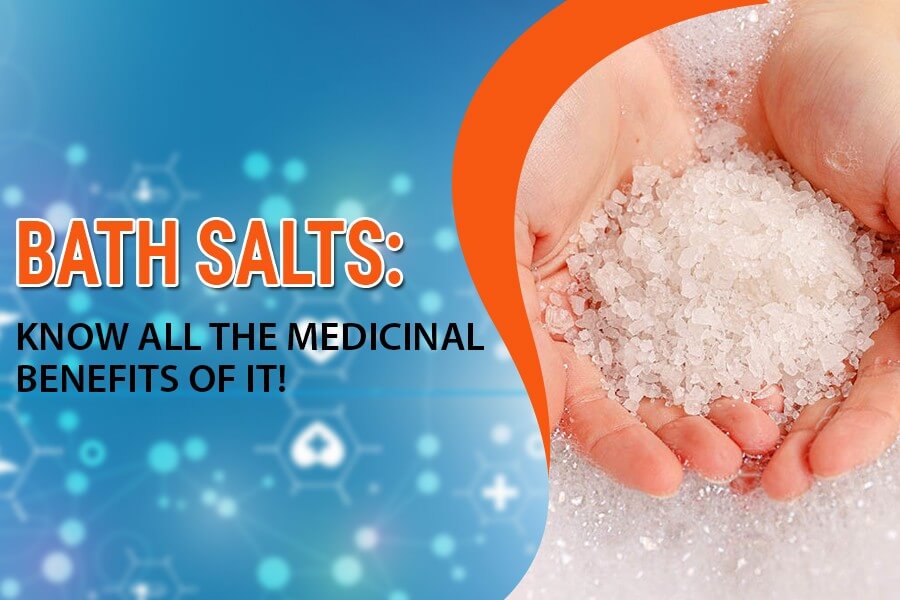
Research chemicals are a class of compounds that have been developed to aid in the study of various biological processes in the human body. They are used in medical research and clinical trials to help identify and understand the effects of various drugs on the body. In some cases, these chemicals can be used to treat certain diseases or conditions.
What Are Research Chemicals? Why They Are Used?
Research chemicals are typically composed of organic molecules, such as amino acids, carbohydrates, and proteins, as well as inorganic compounds, such as metals and other elements. They can be synthesized in the laboratory or extracted from natural sources. Research chemicals can be divided into two main categories: pharmacological and non-pharmacological.
Pharmacological research chemical vendors are those that are used to study the effects of drugs on the body. These can include drugs used to treat various medical conditions, such as cancer, heart disease, HIV/AIDS, and other illnesses. They can be used to identify and assess the safety and efficacy of new treatments or to determine how different drugs interact with one another.
Non-pharmacological research chemicals are those that are used to study the effect of certain environmental factors on the body. These can include pollutants, such as air pollution, and other substances that can affect human health. Non-pharmacological research chemicals can also be used to study the effect of diet, exercise, and other lifestyle factors on the health of individuals.
Research chemicals are an important tool for medical research and clinical trials. They provide scientists with valuable information that can be used to develop treatments and medications for various medical conditions. They also help identify potential risks associated with certain drugs and can be used to identify new medications that may be effective in treating a particular condition.
Risks and Side Effects
The primary risk of research chemical medicines is that they are relatively new and have not been extensively studied or tested. As a result, it is difficult to know what potential side effects may be associated with taking these medicines. Some of the potential side effects could include allergic reactions, nausea, dizziness, and headaches. In addition, research chemical medicines can interact with other medications you may already be taking, so it is important to make sure you are aware of any potential interactions.
Another risk associated with research chemical medicines is that they can be expensive and difficult to obtain. In some cases, these medicines may not even be available in your country or region. This means that you may have to pay for them out of pocket, which can be a significant expense. Additionally, research chemical medicines may require special storage and handling, which can add to the cost.
Finally, it is important to consider the potential long-term effects of taking research chemical medicines. Since these medicines are relatively new, the long-term effects may not yet be known. This means that you could be putting yourself at risk for unknown and potentially serious side effects.
Frequently Asked Questions On Research Chemicals
Are you curious about research chemical and medicine? Are you wondering if there are any risks associated with using them? If so, then keep reading, as we’re here to answer your questions and provide you with all the information you need to make an informed decision.
What are Research Chemicals and Medicine?
Research chemical and medicine are substances used in scientific research and development. They are synthetic or semi-synthetic compounds created for specific research purposes and not intended for human consumption. Research chemicals and medicine are typically used to study the properties of the substances they are made of and to determine new ways of using them.
Are There Guidelines on the Use of Research Chemicals and Medicine?
Yes, there are many safety guidelines to follow when using best research chemicals and medicine. For example, research chemicals should always be handled in a well-ventilated area and should never be ingested or inhaled. Research chemicals and medicine should also be stored in a secure location and away from heat, light, and moisture. It is also important to wear protective clothing and equipment when handling research chemicals and medicine. This includes goggles, gloves, and a lab coat to protect your skin and eyes from any potential hazards.
Where Can I Find Research Chemicals and Medicine?
You can get research chemicals medicine at fantastichems.com. In conclusion, research chemicals and medicine can be incredibly useful for scientific research and development, but must be handled with caution. It is important to research the chemical or medicine you are considering using and to ensure it is legal in your country. It is also important to follow safety guidelines when handling research chemicals.






.jpg)











